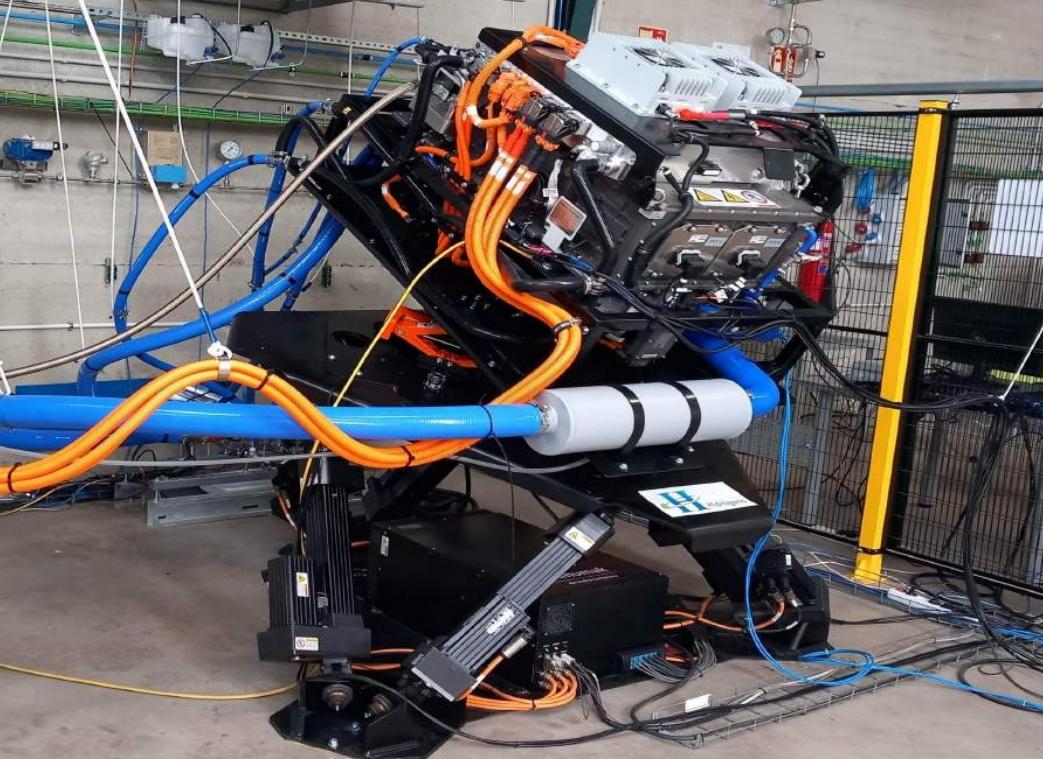Airbus's Fuel Cell Flight: A Blueprint for Hydrogen Aviation
Key Ideas
- Airbus reaffirms its commitment to hydrogen aviation, opting for fuel cell technology for a liquid hydrogen-powered electric aircraft.
- The company believes that fuel cells offer the necessary power density for commercial hydrogen aircraft and can evolve with advancing technology.
- Successful ground tests in 2023 and integrated testing in 2024 have validated the potential of the fuel cell propulsion system.
- Airbus acknowledges challenges in handling and distributing liquid hydrogen in flight, collaborating with partners to address these issues for future validation.
Airbus is doubling down on its dedication to hydrogen aviation by selecting fuel cell technology for its upcoming electric aircraft powered by liquid hydrogen. Glenn Llewellyn from Airbus emphasizes the company's confidence in the power density provided by fuel cells for commercial hydrogen planes and their adaptability to technological advancements. After successful ground tests in 2023 and comprehensive integrated testing in 2024, fuel cells have emerged as the most promising propulsion pathway for Airbus. The recent Airbus Summit coincided with the Hysky conference in Marseille, highlighting partnerships with key fuel cell suppliers like AVL, EKPO, and H3 Dynamics. While progress has been significant, challenges in handling and distributing liquid hydrogen during flight persist. To combat this, Airbus is collaborating with Air Liquide Advanced Technologies, developing the Liquid Hydrogen BreadBoard in Grenoble for further ground testing in Munich. The company's commitment to hydrogen aviation is apparent in its strategic partnerships and rigorous testing, paving the way for a future of sustainable air travel with fuel cell technology.
